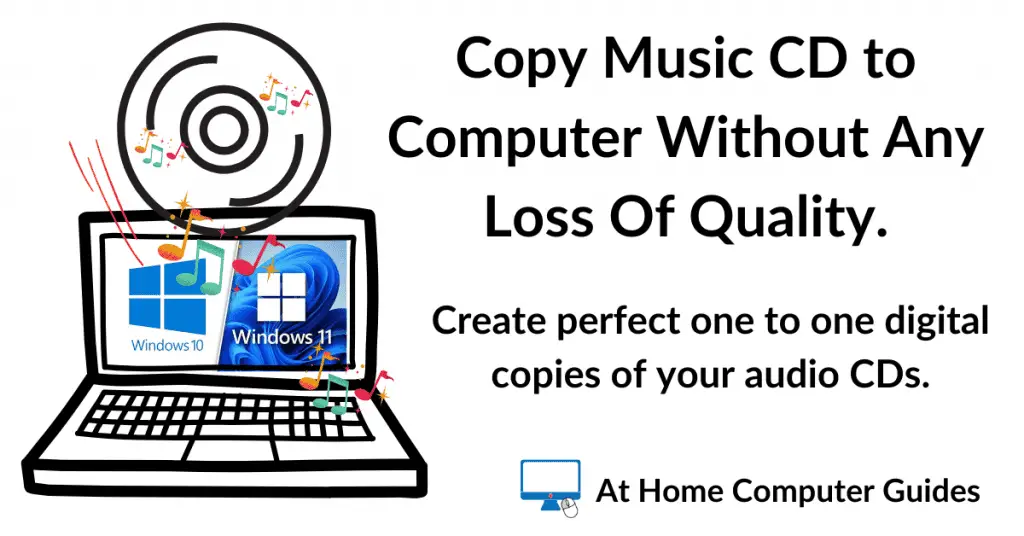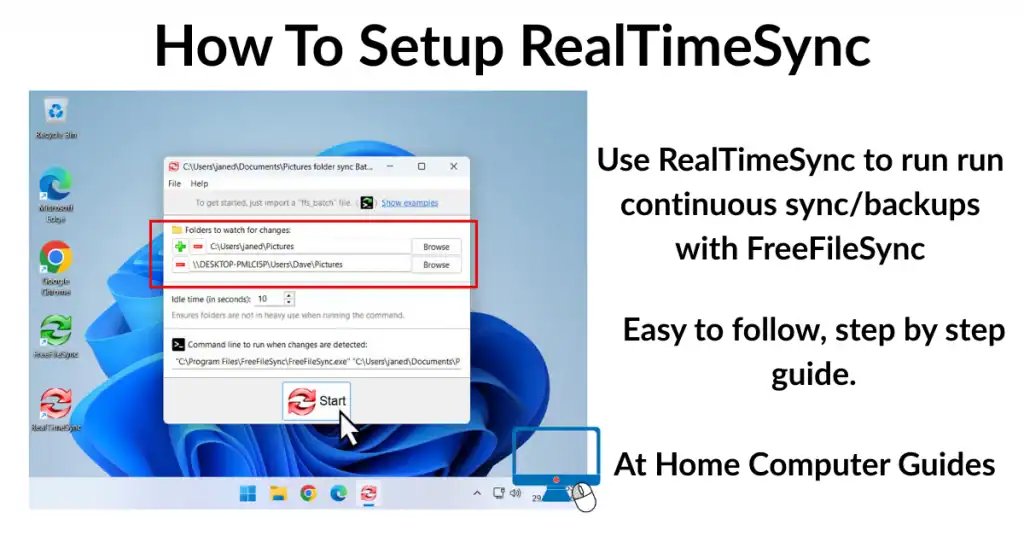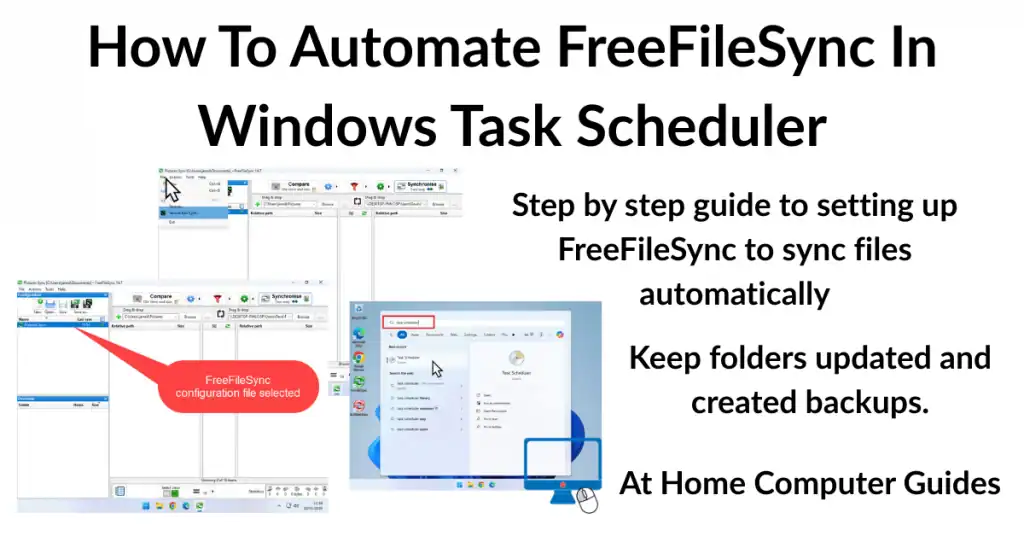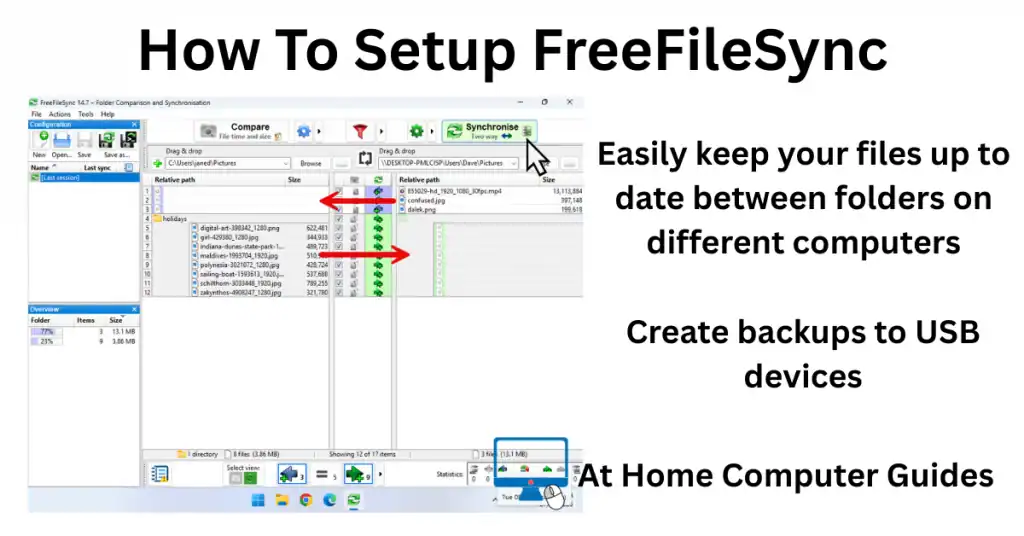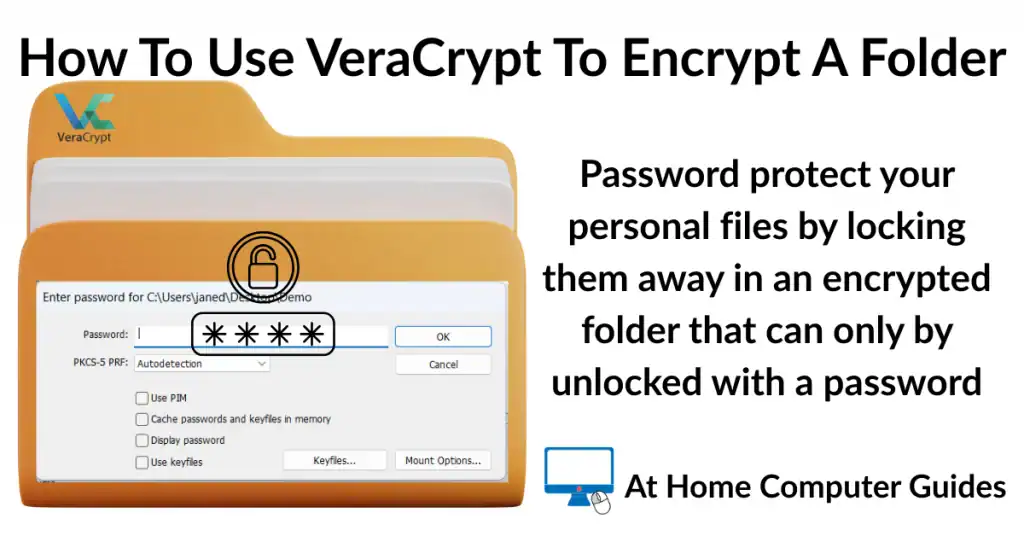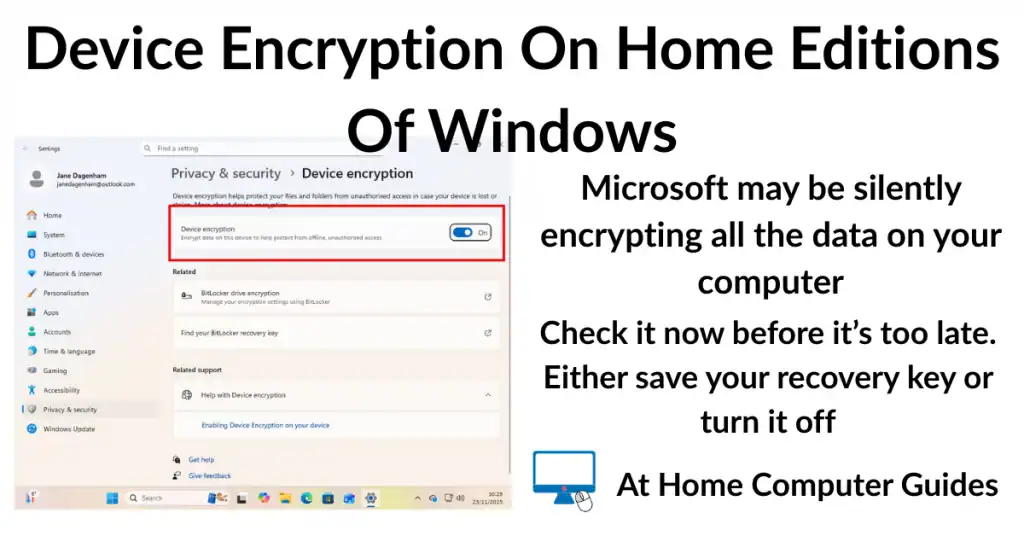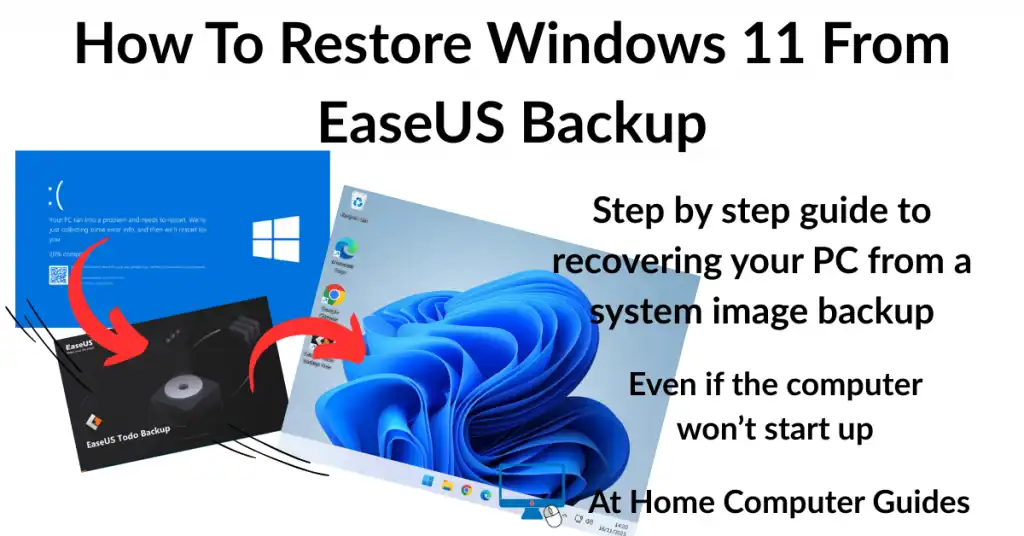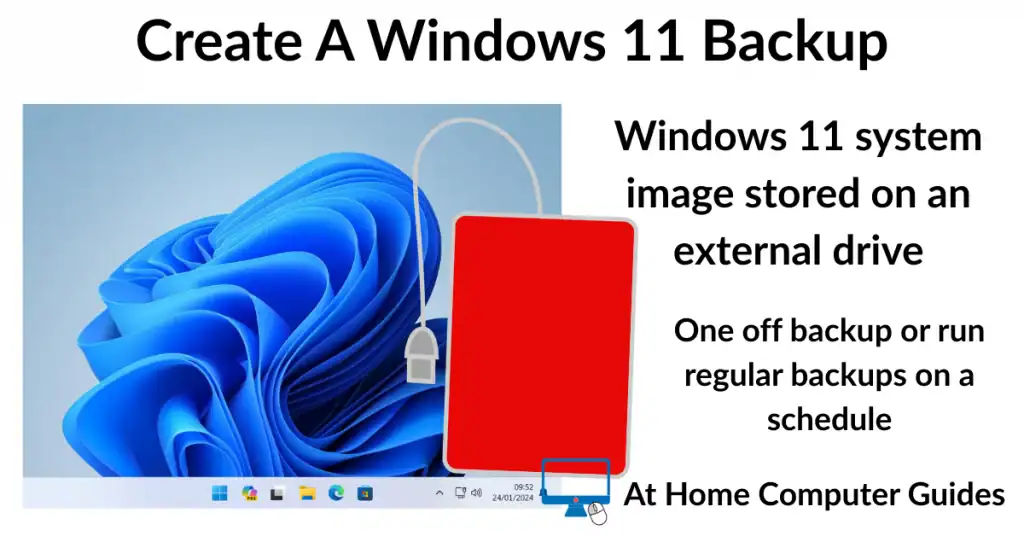How to copy an audio CD to your computer without any loss of sound quality.
Preserve the original CD quality by ripping your CDs in either the WAV (Waveform Audio Format) or FLAC (Free Lossless Audio Codec) file format.
You can, of course, rip audio CDs to your PC in the MP3 format. That’ll save you a lot of disk space, but there is a price to pay. MP3 is a lossy format which will produce lower quality recordings. How To Rip A CD In MP3 Format
Copy A CD Without Loss Of Audio Quality
To get started, load your music CD into your CD drive. Close any auto play windows that open.
Next open Windows Media Player (Legacy). Make sure it’s the old Windows Media Player and not the newer Media Player.
You can search for Windows Media Player and then click the App when it appears.


Select The CD Drive
In the left hand panel of Windows Media Player (WMP), select the CD/DVD drive.
You should see the track list for your audio CD appear in the centre panel.

Rip CD Without Loss Of Sound Quality
By default WMP will rip CDs in the MP3 format. That’s not what you’re after. To make a perfect digital copy of the CD, you’ll need to change it to use either the WAV format or FLAC format.
On the toolbar, click Rip Settings. Then, on the menu that opens, hover your pointer on Format.
To make lossless copies of your CDs, select WAV or FLAC (lossless).

If you can’t see the Rip Settings button, click the small chevron icon next to Rip CD.
The settings menu is sometimes hidden because there isn’t enough space on the toolbar.

Rip The CD
Now that the file format has been set to either WAV or Flac all you need to do is to click the Rip CD button.
You’ll hear your CD/DVD drive spin up and then the copy will start. By default, Windows Media Player will save your CD to the Music folder on your PC.


FLAC Vs WAV
So then the next question you’re bound to ask is “Which format should you use, FLAC or WAV?”.
WAV files are very large files. They’re almost a perfect one to one copy of the original audio track. there isn’t any compression at all.
On the flip side, WAV files are pretty much universally supported across different devices, making it much easier when moving your music files around.
FLAC files are much smaller in size because the format does compress the audio, but it’s what’s known as a lossless compression. FLAC retains all the audio quality of the original recording.
The FLAC format also has better support for metadata tagging, allowing for the storage of album art, artist information, and other details, making it more convenient for organizing music libraries.
Lossless File Sizes Compared
Below is a simple table comparing the relative file sizes of the same audio track when copied in both FLAC and WAV formats.
I’ve added in the original track size (CDA) as it appears on the CD and also MP3 sizes.
| Audio File Format | File Size in Megabytes |
| Original Size on CD | 52 MB |
| WAV File | 52 MB |
| FLAC File | 31 MB |
| MP3 @ 320kbps (best quality) | 12 MB |
| MP3 @ 128kbps | 5 MB |
Summary
Ripping music CDs to your computer without losing any sound quality is far more viable these days since high capacity hard drives are relatively inexpensive.
The choice between using either FLAC or WAV is a little more complex. Personally I prefer to use FLAC simply because of the ability to add meta tags to the files. I haven’t yet had an issue with compatibility but your situation could well be different.
Related Posts
How To Remove DRM From WMA Audio Files.
Do you have old WMA (Windows Media Audio) files that you can’t do anything with. It’s down to the copy protection that was added when you ripped the CDs.
How To Burn A Music CD In Windows 10 And 11 In 2025.
Create your own music CDs.
How To Convert WAV Files To MP3.
Need to save space or move your music to a different device. MP3 is just about universally supported.
Something For The Weekend
If you’re finding your Windows PC a bit confusing, you’ve definitely come to the right place. Many people feel overwhelmed by technology, but it doesn’t have to be that way.
Whether you’re a complete novice who’s just purchased your first computer or someone with a bit of experience looking to fill in knowledge gaps, this course will provide you with a crystal-clear understanding of using a Windows PC.
Step by step, easy to follow guides that follow on from each other building your basic skills.
